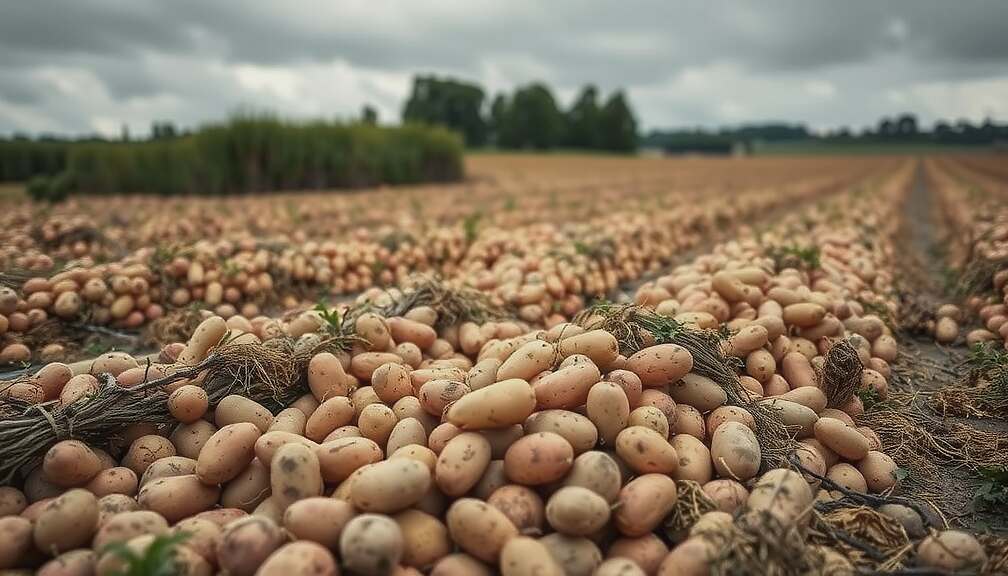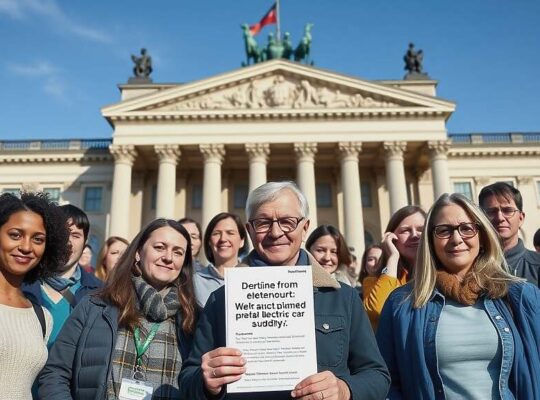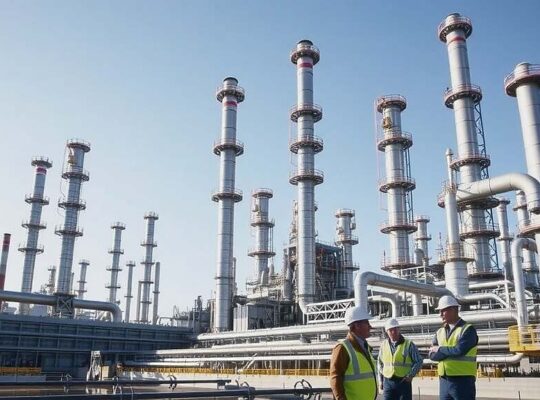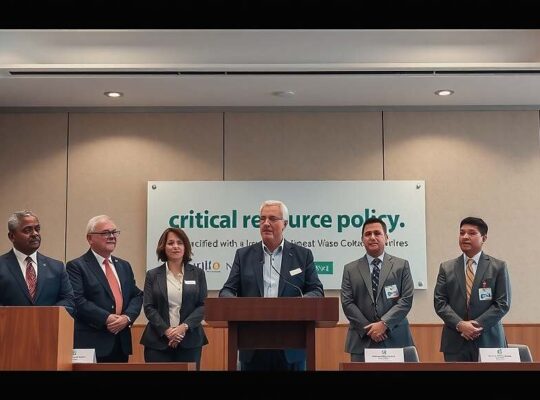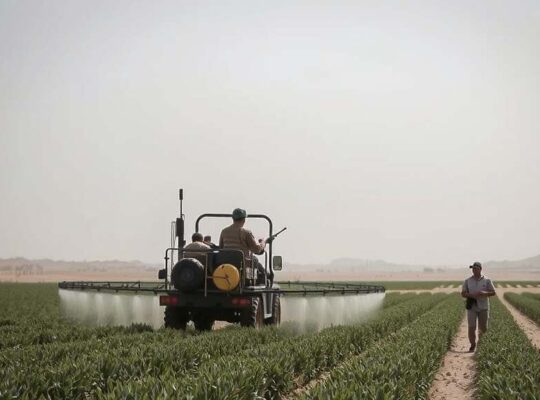Germany faces a stark contradiction as a record potato harvest in 2025 fuels widespread surpluses, sparking criticism of current policies and calls for state intervention. With a staggering 13.4 million tons reaped – the highest yield in 25 years – farmers are reportedly destroying portions of the crop or diverting it to biogas plants, a situation that has drawn sharp rebuke from within the conservative Christian Social Union (CSU).
Stephan Mayer, a prominent CSU politician and former parliamentary state secretary with responsibility for Germany’s supply security, argues the practice is fundamentally at odds with the government’s recent campaigns urging citizens to stockpile food in preparation for potential crises, including war, blackouts and natural disasters. “It is unacceptable that we are destroying vital food staples like potatoes while simultaneously asking the population to build emergency reserves” Mayer told “Bild” newspaper. He explicitly demands state intervention, proposing the creation of a “national potato reserve.
Mayer’s proposal envisions utilizing the current agricultural overproduction – currently estimated at 2.4 million tons – to establish a strategic reserve readily available in emergencies. He further suggests that state subsidies could be provided to industrial producers to facilitate the canning and preservation of potatoes, framing it as a crucial investment in national security.
The surge in potato production, coupled with the subsequent disposal practices, underscores a broader challenge for the German government: balancing the need for agricultural efficiency with the imperative of ensuring national resilience. While the expansion of potato cultivation – reaching 301,000 hectares, a 6.7% increase – has demonstrably boosted yields, it has also created a surplus that demands a strategic response.
Critics argue that the current situation highlights a potential failure in agricultural planning and risk assessment, raising questions about the long-term sustainability of production levels and the efficacy of relying solely on market forces. Establishing a national reserve, while potentially costly, could provide a tangible demonstration of government commitment to citizen welfare and a vital safety net alongside ongoing public awareness campaigns. The debate now centers on whether the potential benefits of such a reserve outweigh the financial burden and the potential distortions it could introduce into the agricultural market.


